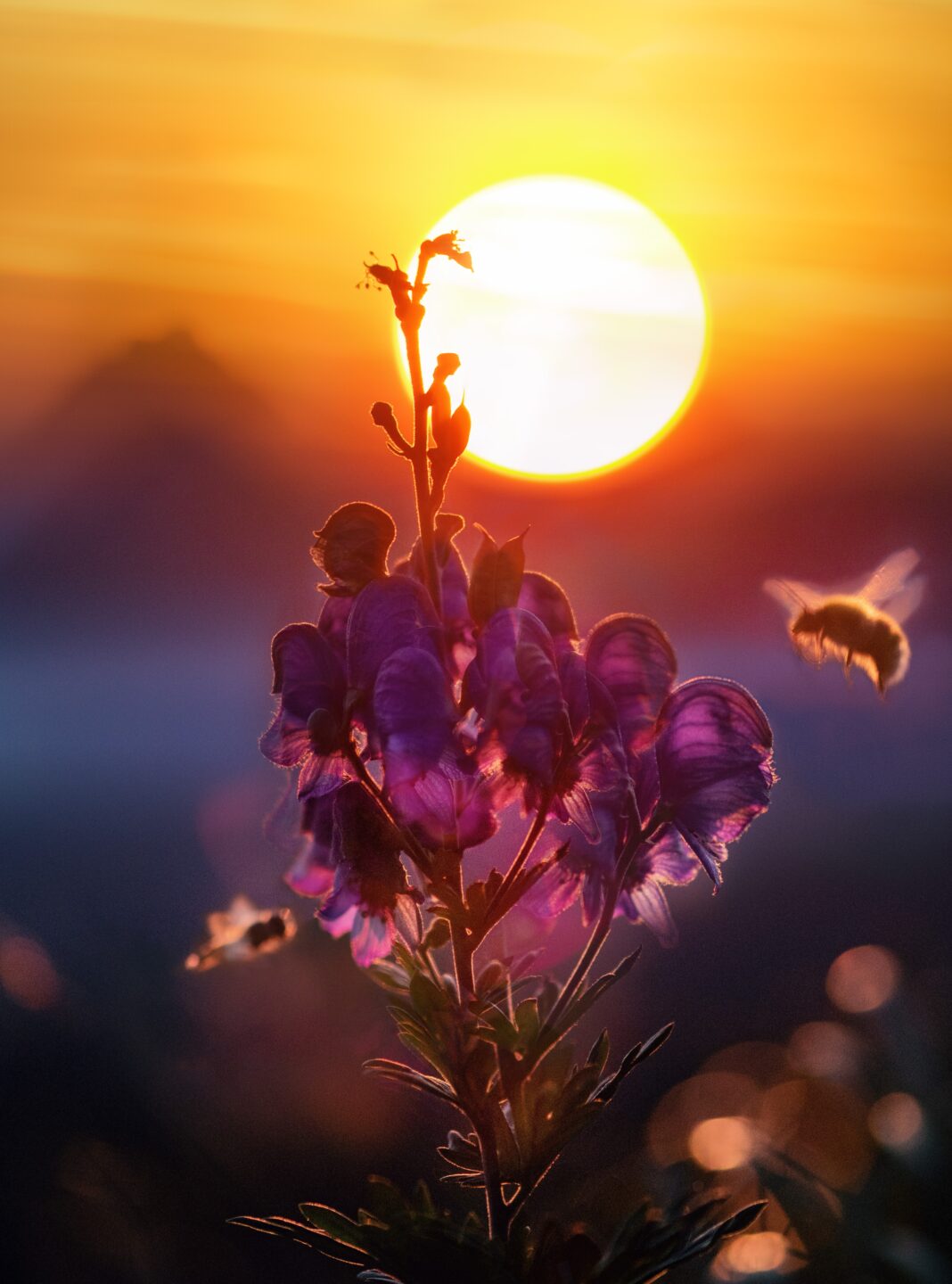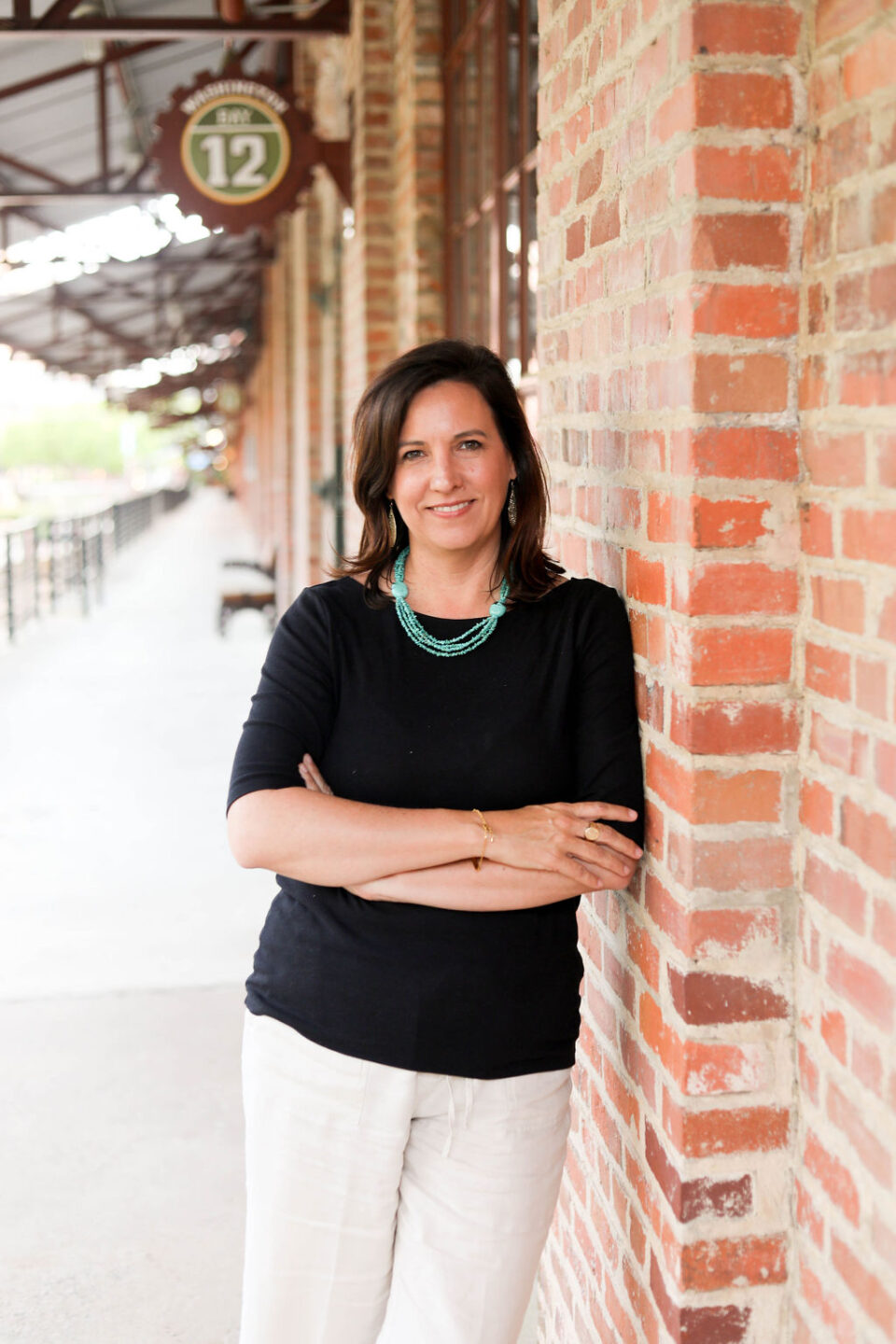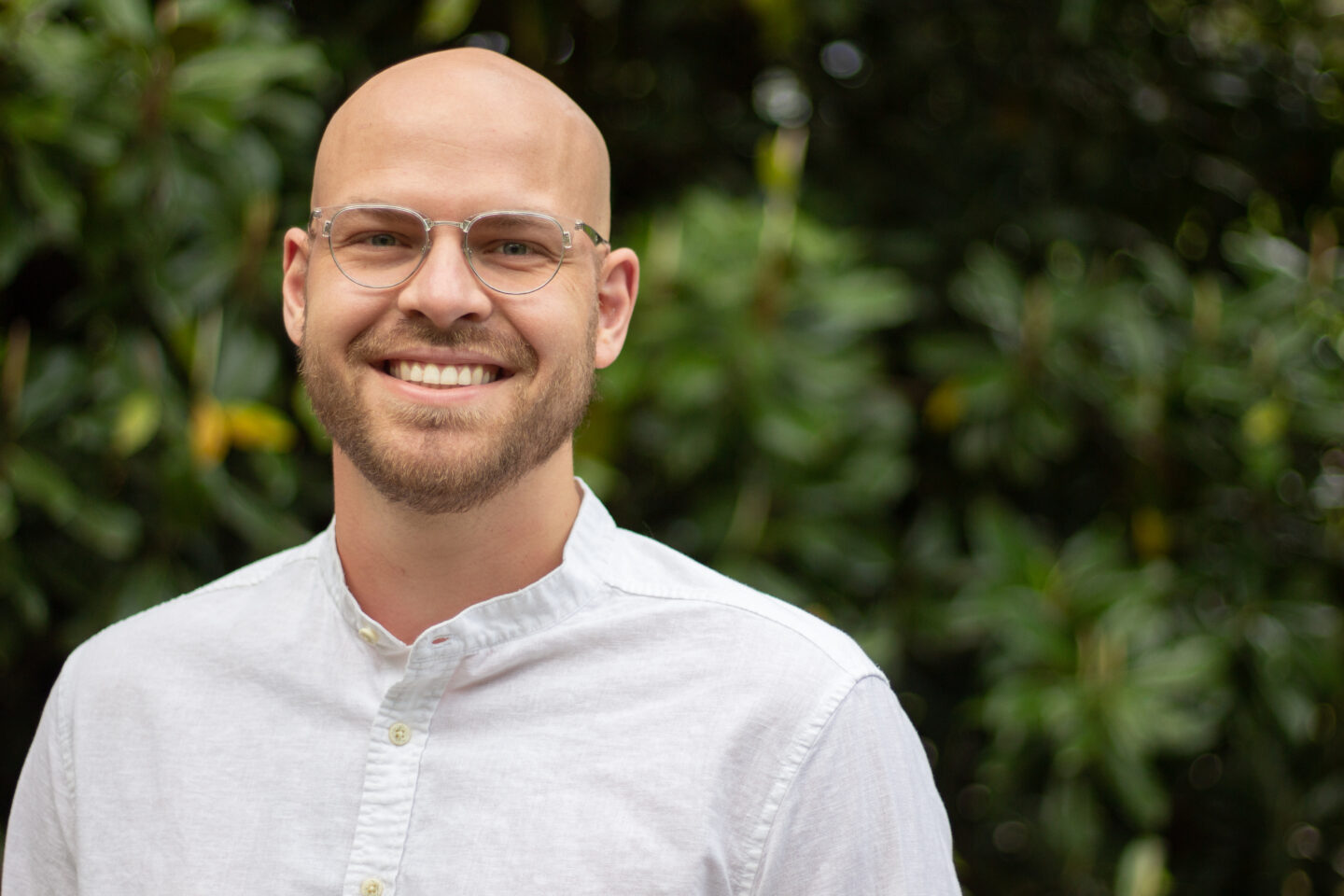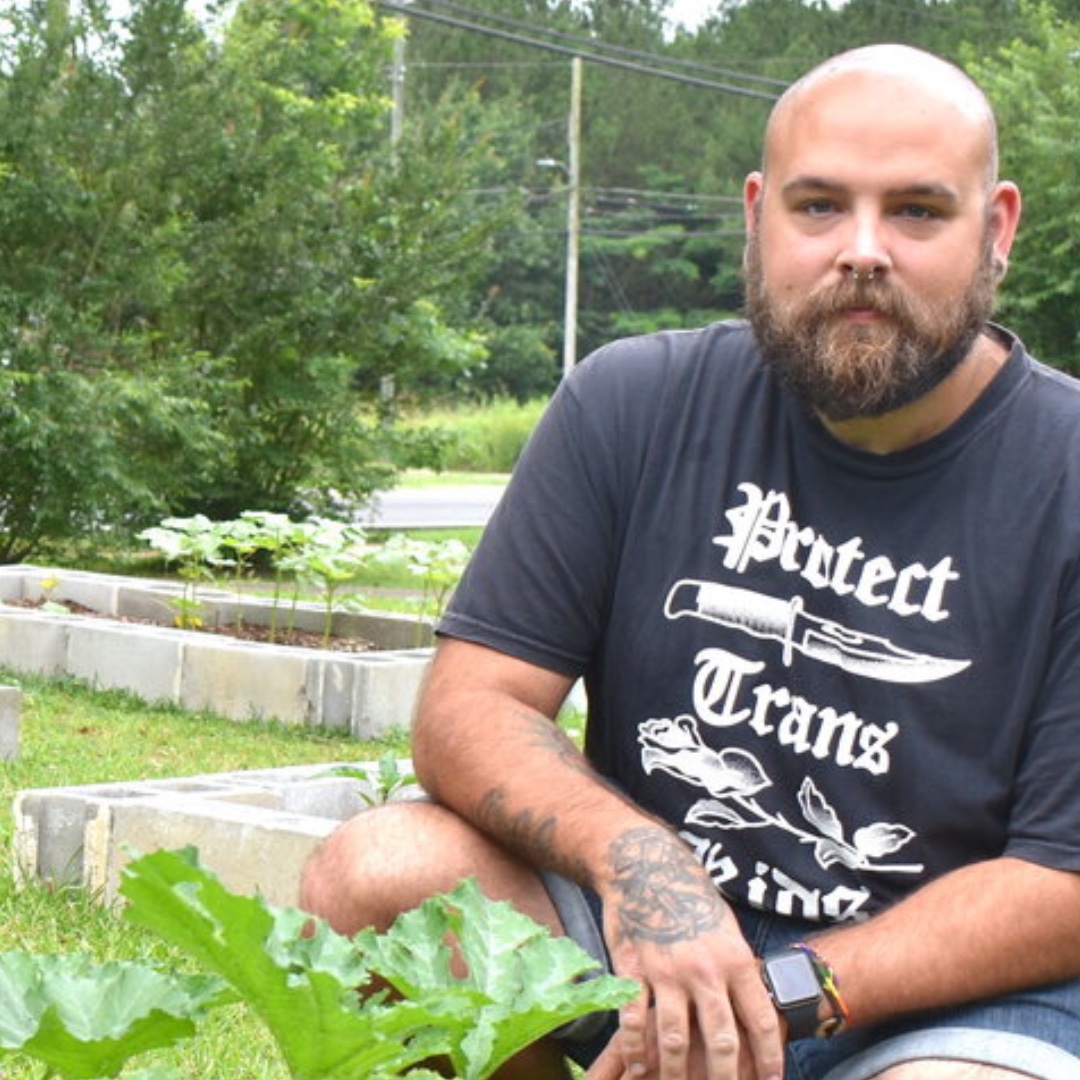In all the years I’ve been a pastor, there is one thing I can count on Sunday after Sunday: when I ask the congregation if there are prayer requests, we will hear about who is sick, who is facing surgery, and who is recovering. These prayer requests remind me: as much as we might like to spiritualize our lives, we are always irrevocably tied to this physical reality we live in. What happens to our bodies impacts our souls. This is why we Christians are, rightfully, concerned about health.

Just as we cannot separate our bodies from our souls, we cannot separate our lives from the world around us. I recently heard a podcaster say, “I’m addicted to breathing.” That’s an addiction we all share. Yet we take for granted how the world around us impacts our health. We tend to silo things, separating issues into their own category and blinding ourselves to the connections between these categories. In terms of health, we separate our physical health, mental health, and the health of our environment, often not grasping the interrelatedness of it all.
Two of our Season of Creation webinars will be addressing this connection between our health and our changing world. Read on for more information, and to register for the webinars.
(Note: Registration is required for all webinars separately. All webinars will be recorded and the videos sent to those who registered.)
Heat Resiliency and the Local Community
September 12, 2023
7:00-8:00
Our world is getting warmer and our weather is changing. Here in North Carolina, we are seeing great changes in the type of rain storms we get, the frequency of extreme storms, and, most notably yet most often overlooked, hotter nights. These changes, and the overall hotter weather, puts many of our most vulnerable neighbors at danger.
Higher heat during the day is an immediate threat to all those who work outside, who work in manufacturing, and who have underlying health concerns; it is an underlying threat to all of us. Many who are dealing with chronic illness, such as diabetes and cardiovascular problems, do not realize the increased dangers the weather has on them. Additionally, studies have shown a link between mental health and high heat, including an increase in harmful actions towards self and others.
In our webinar Heat Resiliency and the Local Community, we will learn about how rising temperatures negatively impact our physical, mental, emotional and spiritual health, as well as what can be done, individually and corporately, to address these heat-caused concerns.

This seminar will be presented by Dr. Ashely Ward. Dr. Ward is the director of the Heat Policy Innovation Hub, a part of the Nicholas Institute for Energy, Environment and Sustainability at Duke University. Dr. Ward is a climate-health and resilience professional. Her career has focused on engaging communities to identify and address issues related to climate change, and helping communities develop long-term, sustainable strategies relevant to their community needs. As Director of the Heat Policy Innovation Hub, Dr. Ward works with communities, public agencies, and policymakers to create and inform effective policy solutions to extreme heat.
Follow this link to register for this webinar.
Eco-Grief: How Do We Respond to Climate Change?
September 19, 2023
7:00-8:00
The threat of climate change can be paralyzing. We have heard stories from many people who are despairing about the future for their children and grandchildren, with many uncertain if there will be a livable future at all.
Yet Christians are to be a people of hope.
How do we balance this call for hope with our anxiety for the future? How do we face tomorrow if we fear our tomorrows are running out? How do we move forward in the midst of such anxiety?
In Eco-Grief: How Do We Respond to Climate Change? psychiatrist Brendan Johnson and eco-theologian Ryan Cagle will consider these questions and more. They will explore this relatively new area of mental health, as well as the connection between our anxiety and our spirits.

D. Brendan Johnson MD MTS is training to be a psychiatrist at Brigham & Women’s Hospital/Harvard Medical School and is a recent graduate of Duke Divinity School’s Theology, Medicine, and Culture fellowship. He has published and spoken at academic conferences about topics like health as a human right, health and economics, and ethics during the climate crisis. Along with friends from across the world, he hosts the “Social Medicine On Air” podcast. He has is especially interested in how theology and religious communities can use their spiritual and material resources to take part in the fight against injustice.

Ryan Cagle is a self described trailer trash pentecostal seeking to cultivate an eco-liberation theology for the end of the world in the backwoods of Alabama. He is currently in the process of being ordained in the Disciples of Christ (Christian Church) tradition and co-organizes a ministry called Jubilee House, alongside his wife, that works to sow seeds of imagination that can grow into lives of prophetic resistance.
Please register for Eco-Grief: How Do We Respond to Climate Change? by following this link.
And don’t forget about the final webinar in our Season of Creation series:
Energy Use and God’s Creation
September 26, 2023
7:00-8:00
What measures can individuals and congregations take to save energy and reduce carbon waste? What renewable and sustainable energy options are out there? How are the Bible and God’s teachings connected to our power bills?
Join us on September 26 to learn answers to these questions and more. Our time together will be led by John Rees.
John Rees is a retired Energy Engineer from NC State University and is active with several organizations focused on care of Creation. He performs energy audits for North Carolina Interfaith Power & Light and Waste Reduction Partners.
Need Help?
Got questions? Are you struggling to plan your own Season of Creation observances? Want to request a speaker to come to your church, small group, Bible study, or other group? Want to find others in your area who are involved in creation care ministries?
For any help or guidance, reach out to Jarrod Davis (jdavis@nccumc.org) and he will be glad to assist.

